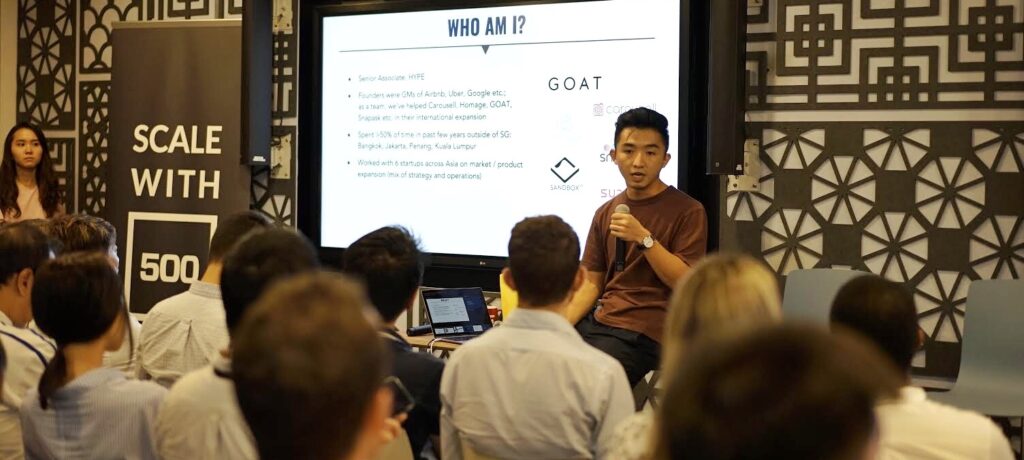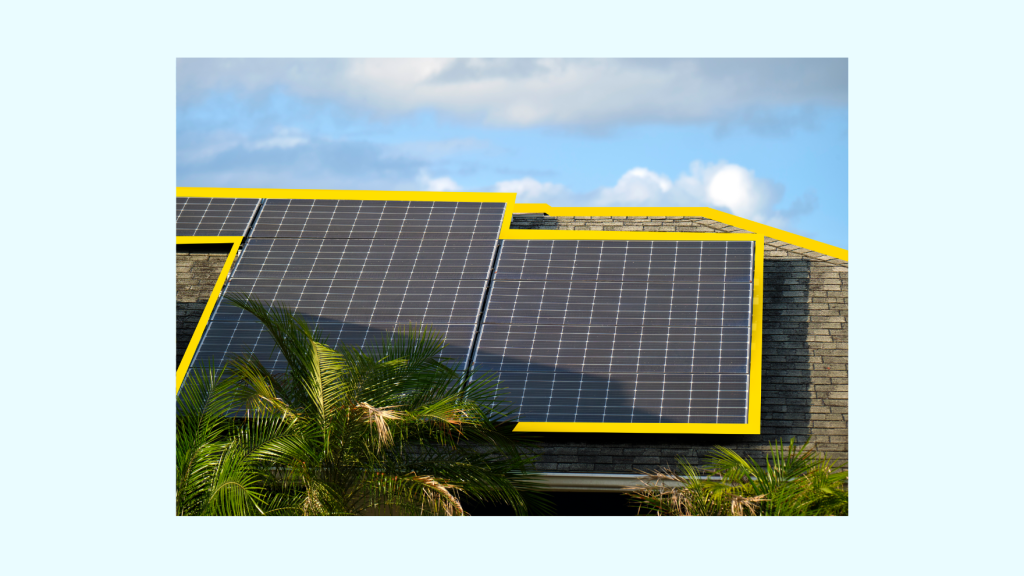This interview was first published on September 27, 2020. Find the original interview here: https://apac.engiefactory.com/portfolio-series-an-interview-with-solar-ai-founder-bolong-chew/
A former consultant for Fortune 500 and startup companies alike, Bolong Chew joined ENGIE Factory to become the founder of Solar AI, a smarter way for solar developers to prospect and sell solar projects using satellite imagery and advanced analytics. We caught up with Bolong to hear more about his journey to becoming CEO.
What made you want to become an entrepreneur and start a company?
My broad goal in life has always been to create scalable change, or “make a dent in the world”, as I sometimes describe it. I think entrepreneurship might be the best way to do so – working on something I can dedicate myself to, shape it in a way that maximizes impact and outcomes. And ultimately – take ownership and responsibility for its failures and successes.
Why did you decide to join ENGIE Factory’s program instead of founding a company on your own?
Well, I came into the program in a bit of an atypical manner (there’s a whole back-story behind this). I was introduced to the team and first joined them as a full-time Entrepreneur-in-Residence with a mandate to help build and scale up the upcoming portfolio of ventures. I’ve always wanted to work on issues which mattered to me – poverty, inequality, climate change – so this was a perfect opportunity, but I came in knowing NOTHING about the industry and wasn’t expecting to jump into any venture, at least in the first six months. But things have a funny way of coming together – after a couple months of building Solar AI, I got extremely convinced of the problem statement we were looking to solve and also felt like this was now a baby I’ve spent so much time grooming that I wasn’t willing to let it go to anyone else. That was when (in May 2020) I told the team that I’d actually like to transition out of my role and take Solar AI forward as a founder.
I honestly wouldn’t have been able to do any of this without ENGIE Factory. The team’s not only given me the support and network to plug my knowledge gap in the industry, but also the seed funding to allow me to build up a technical team for our core products centered around data and intelligence for rooftop solar projects.
What has surprised you about working with ENGIE?
I started off my career in management consulting and have worked with several large corporates on their digital strategy across the region. While there certainly are exceptions, I have become a by-default skeptic of corporate innovation.
But I ultimately decided to join the ENGIE Factory team because I believe they are certainly one of the exceptions, and working with them in the last half year has only doubled-down on that belief. As an entrepreneur, having a set of investors who truly care about the mission of solving climate change, and not just financial returns, is also extremely important to me.
Tell us about your startup? What is Solar AI?
Solar AI Technologies is a software startup providing building intelligence for rooftop solar projects. Globally we’re now past grid-parity (where solar has become a cheaper source of energy than traditional fossil fuels) with tremendous growth potential for solar. However, the cost of sales is often as high as 30-40% of total project costs, with some salespeople eyeballing large rooftops on Google satellite images, or driving around industrial estates just to look for new prospects.
We combine geospatial analysis of satellite imagery with big data to provide energy companies with a platform to systematically discover and identify new rooftop solar projects.
How is next-generation data analytics and data science transforming your industry?
There’s already a ton (though never enough) being done in monitoring and predicting the production of solar energy, particularly in the context of grid stability, by using weather and satellite data for energy production forecasting.
However, applications of data science can extend far beyond monitoring existing solar assets. With most rooftops sitting empty, the power of data can be immense in helping energy companies identify the rooftops with the most solar potential or the customers who are the best for solar. At Solar AI, we’re using computer vision on satellite imagery to pre-calculate the solar potential for buildings at scale, and combining that with building and company information to match energy companies to building owners for solar projects.
What advice would you share with future energy entrepreneurs?
Renewables are undoubtedly the future of energy. There’s so much to do and so many opportunities for change – the simplest way to get involved is just to get started.
This article was first published on 1 October 2020 and last updated on 5 May 2021 to include additional details.





